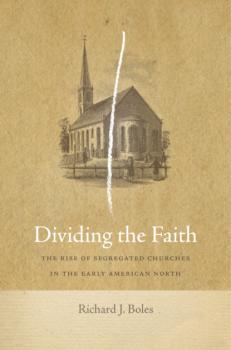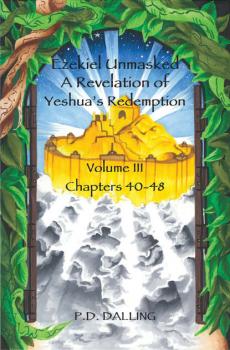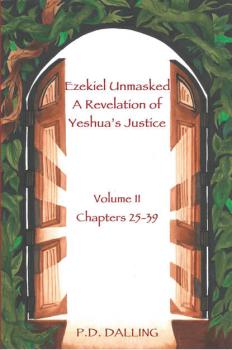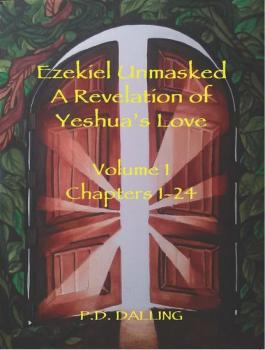ТОП просматриваемых книг сайта:
Религия: прочее
Различные книги в жанре Религия: прочее, доступные для чтения и скачиванияАннотация
Uncovers the often overlooked participation of African Americans and Native Americans in early Protestant churches Phillis Wheatley was stolen from her family in Senegambia, and, in 1761, slave traders transported her to Boston, Massachusetts, to be sold. She was purchased by the Wheatley family who treated Phillis far better than most eighteenth-century slaves could hope, and she received a thorough education while still, of course, longing for her freedom. After four years, Wheatley began writing religious poetry. She was baptized and became a member of a predominantly white Congregational church in Boston. More than ten years after her enslavement began, some of her poetry was published in London, England, as a book titled Poems on Various Subjects, Religious and Moral . This book is evidence that her experience of enslavement was exceptional. Wheatley remains the most famous black Christian of the colonial era. Though her experiences and accomplishments were unique, her religious affiliation with a predominantly white church was quite ordinary. Dividing the Faith argues that, contrary to the traditional scholarly consensus, a significant portion of northern Protestants worshipped in interracial contexts during the eighteenth century. Yet in another fifty years, such an affiliation would become increasingly rare as churches were by-and-large segregated.Richard Boles draws from the records of over four hundred congregations to scrutinize the factors that made different Christian traditions either accessible or inaccessible to African American and American Indian peoples. By including Indians, Afro-Indians, and black people in the study of race and religion in the North, this research breaks new ground and uses patterns of church participation to illuminate broader social histories. Overall, it explains the dynamic history of racial integration and segregation in northern colonies and states.
Информация о книге
Автор произведения Richard J. Boles
Жанр Религия: прочее
Серия Early American Places
Аннотация
This profound question, "Who told you that you were naked?, meant much more than, «Who told you that you do not have on clothes?» From God's perspective nakedness meant so much more. It meant condemnation and deprivation to his most precious creation-mankind. Though He reconciled Adam's condition by clothing him in coats of lambs' skin, Adam never got over what he had done. Condemnation has dominated ever since. Now we have a more permanent solution. We have been clothed with Christ! Redeemed men who carry the curse of condemnation and deprivation cannot fulfill their purpose as husbands, fathers, community and business leaders-world changers! Adam never gave God a straight answer. It's time to answer that question. WHO TOLD YOU THAT YOU WERE NAKED?
Аннотация
Эта книга – о необъявленной войне, которую неотступно и изощрено ведет сатана против слов Иисуса. В ней автор описывает взлет своего пасторского служения: подробности обретения даров исцеления, пророчества, иных языков и их истолкования. Читатель услышит вместе с автором голоса духовного мира. Увидит, как за пару дней могут полностью поменяться декорации жизни. Как на месте аплодирующих залов в центре столицы вдруг возникает клетка провинциальной психушки… Но именно в ней Иисус являет освобождающую силу Своих слов! Эта книга – драматичная история встречи с живым Иисусом. Она о том, чему может научить – и научил – только Он Сам.










